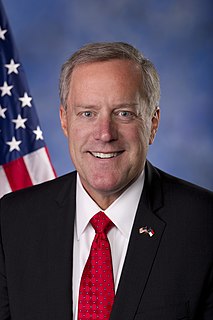A Quote by Margrethe Vestager
The benefits of globalization do not trickle down automatically. It takes politics to make sure that there is a benefit.
Quote Topics
Related Quotes
Globalization and trade liberalization were supposed to make us all better off through the mechanism of trickle-down economics. What we seemed to be seeing instead was trickle-up economics, accompanied by a destruction of democratic politics, as we moved ever closer to a system of 'one dollar, one vote' as opposed to 'one person, one vote.'
[Donald] Trump and all the Republicans believe in the theory of trickle down economics which is a theory discredited even by the author himself David Stockton. The theory suggests that if we take care of the people at the top, if we cut taxes for the wealthy, if we make sure they are doing really well, then the investments that they make in the economy and the jobs that will create, will make everything grow and it will have a trickle down effect on the rest of us.
I don't want to see trickle down racism. I don't want to see a president of the United States saying things which change the character of the generations of Americans that are following. Presidents have an impact on the nature of our nature. And trickle down racism, trickle down bigotry, and trickle down misogyny, all these extraordinarily dangerous to the heart and character of America.
I want to make sure that we have a tax code that makes sure that everyone benefits, including those in poverty and those middle-income wage earners and those that have already lived the American dream as well as making sure that everyone can receive the benefits of a robust economy and not just the select few.
We have to live with the rest of the world. And it's a mistake, in my view. Trade has generally developed in this country. We actually export 12 or 13 percent of our GDP. It was only 5 percent in 1970. But it benefits us. It benefits the rest of the world. It doesn't benefit the steelworker maybe in Ohio. And that's the problem that has to be addressed, because when you have something that's good for society, but terribly harmful for given individuals, we have got to make sure those individuals are taken care of.
I think that the movement against the World Bank, against the globalization process that is happening, is very positive. We need a globalization, a globalization of people who are committed to social justice, to economic justice. We need a globalization of people who are committed to saving this earth, to making sure that the water is drinkable, that the air is breathable.
First, undoubtedly, there are some people who are coming from Cuba who immediately, or from any other country, benefit. But, what is the difference between that and someone who is coming from Nicaragua, Guatemala, Mexico, etc.? That is, we are simply going to say that someone who comes from another country to the United States - the first five years they're here - they don't qualify for federal benefits. They may benefit from local benefits, state benefits. Those decisions belong to other jurisdictions.






























